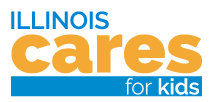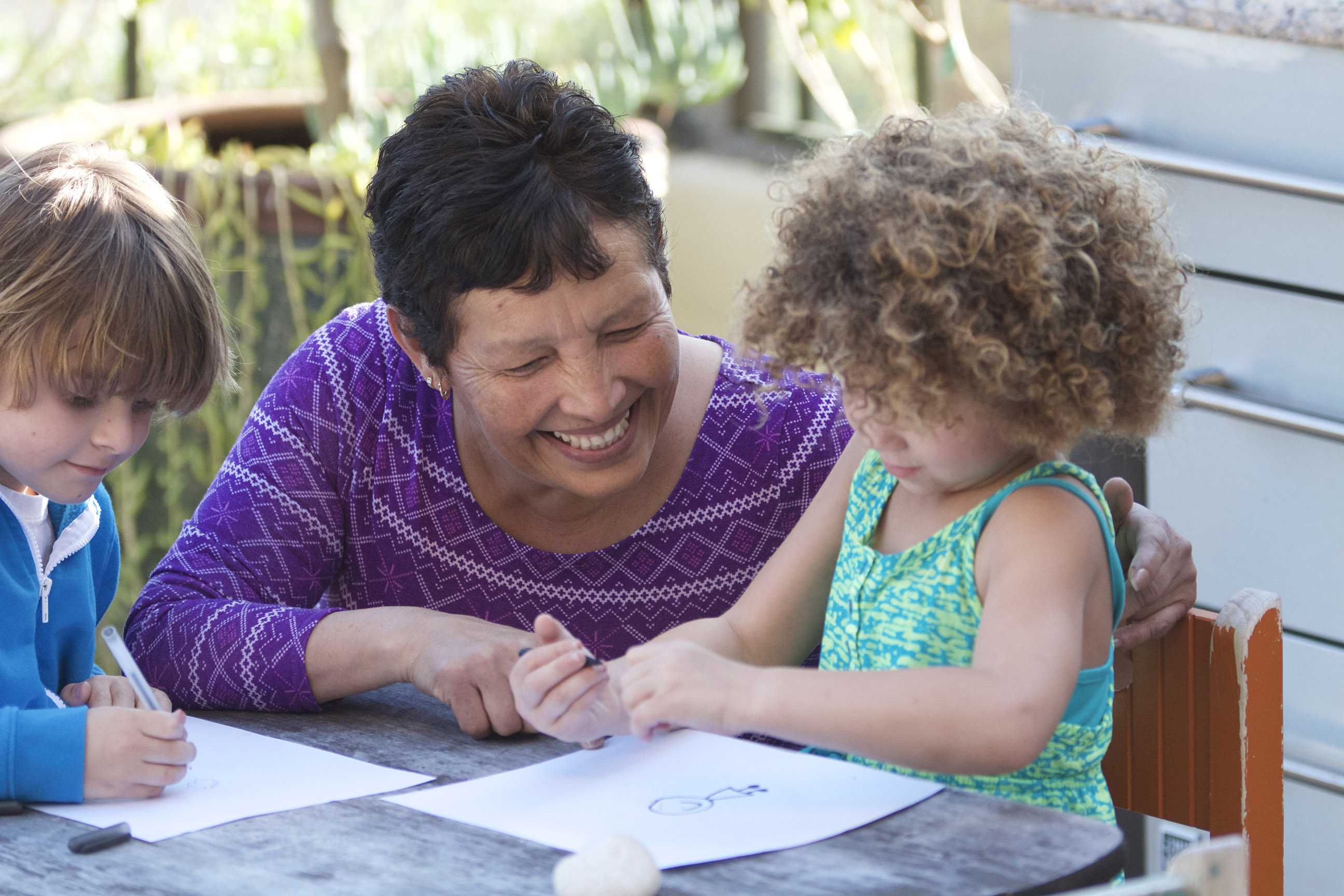Child care programs licensed by the state of Illinois’ Department of Family and Child Services (IDCFS) must meet foundational requirements for quality established by state licensing guidelines.
These programs must meet or exceed Illinois state health and safety requirements before they receive a license. State representatives make annual unannounced visits to all licensed child care programs to ensure they maintain those standards. IDCFS offers a search tool to check for licensing violations in a child care program.
Key licensing requirements for child care programs in the state of Illinois include:
- Child to staff ratios
- Criminal background checks on staff
- Training and education requirements for staff
- Proper space for the age and number of children in care
- Safe, healthy environments for children and families
- Appropriate and respectful staff interactions with children
For more information about the licensing standards and the monitoring process, visit the IDCFS website.
Criminal Background Checks
One benefit of stringent licensing standards is the security families have knowing their children are in good hands with their child care providers. Illinois requires background checks for individuals living or working in a licensed child care facility with access to children in care. Licensed child care providers undergo more extensive background checks than License-exempt, but all providers operating legally within the state of Illinois will have had some level of background check.
Background checks include:
- Child Abuse and Neglect Tracking System (CANTS)
- Sex Offender Registry
- Criminal History
Certain convictions automatically disqualify a person from working in early care and education:
- Anyone identified as a sex offender or declared a dangerous person under the Sexually Dangerous Persons Act [725 ILCS 205] by the Illinois State Police
- Anyone convicted of committing or attempting to commit certain offenses including homicide, kidnapping, sex offenses, bodily harm, and any related offenses in the state of Illinois
- Anyone convicted of committing or attempting to commit those offenses in another state
For more information on background checks, click here.
Group Size and Ratios
The state of Illinois has assigned different group size and child to staff ratios for the different types of early care and education. In addition, different age groups in centers have different ratios. These size and ratio standards ensure that children in care get the individual attention necessary to remain safe and healthy. The chart below outlines the group size and ratio requirements for each type of care.
| Child Care Centers | Family Child Care (FCC) | In-Home Care | ||
| Age Range | Ratio | License-exempt FCC | Up to 3 children, or a single family | This type of care is not regulated by DCFS licensing standards. |
| 6 weeks - 15 months | 4:1 | |||
| 15 months - 2 years | 5:1 | Licensed FCC | Up to 8 children for one provider, or up to 12 children with an assistant | |
| 2-3 years | 8:1 | |||
| 3-4 years | 10:1 | Licensed Group Home | 12 or more children with the help of full-time qualified assistant | |
| 5 years and up | 20:1 | |||
Contact your local CCR&R for more information about group sizes and staff ratios.
License Compliance Reports
The Illinois Department of Children and Family Services (DCFS) maintains a website where families can check whether a licensed child care provider is maintaining their licensing requirements. This site will indicate if there are violations, provide a report of the violations and any corrective measures taken, the status of the program’s license, and when that license expires. It can be a useful site as you make the critical choice about which early care and education program is right for your family.
License-Exempt Monitoring Reports
License-exempt non-relative child care providers and license-exempt child care centers that receive payment through the Illinois Department of Human Services Child Care Assistance Program (CCAP) receive an annual on-site monitoring visit. The IL444-4965 Child Care Assistance Program-CCAP Health and Safety Standards Checklist, License Exempt Child Care is the monitoring tool used to assess compliance with the health and safety standards in accordance with the Child Care Development Block Grant Act of 2014.
License-exempt relative child care providers and license-exempt providers who don’t receive CCAP funding are not monitored. Families considering license-exempt child care should speak with other families who may have used that provider in the past or ask the child care provider for a list of references and former clients you can contact.
Deaths, Injuries, Abuse
Illinois’ DCFS keeps a public report of the number of incidents in licensed facilities and IDHS keeps a public record of the number of incidents in license exempt facilities involving serious injury, death, and reports of child abuse or neglect in the past year. This site covers the entire state of Illinois and does not indicate the individual child care programs involved.


